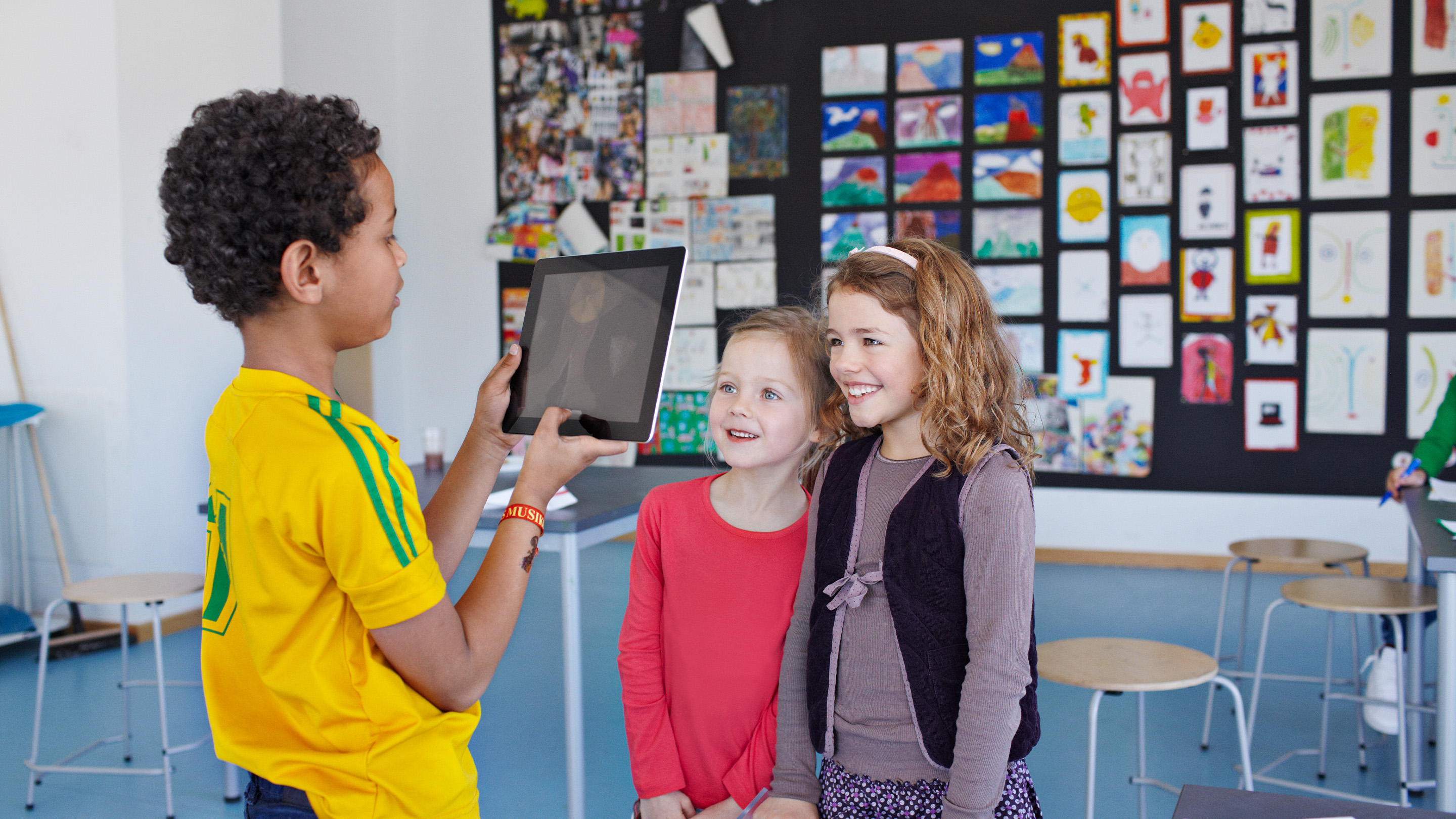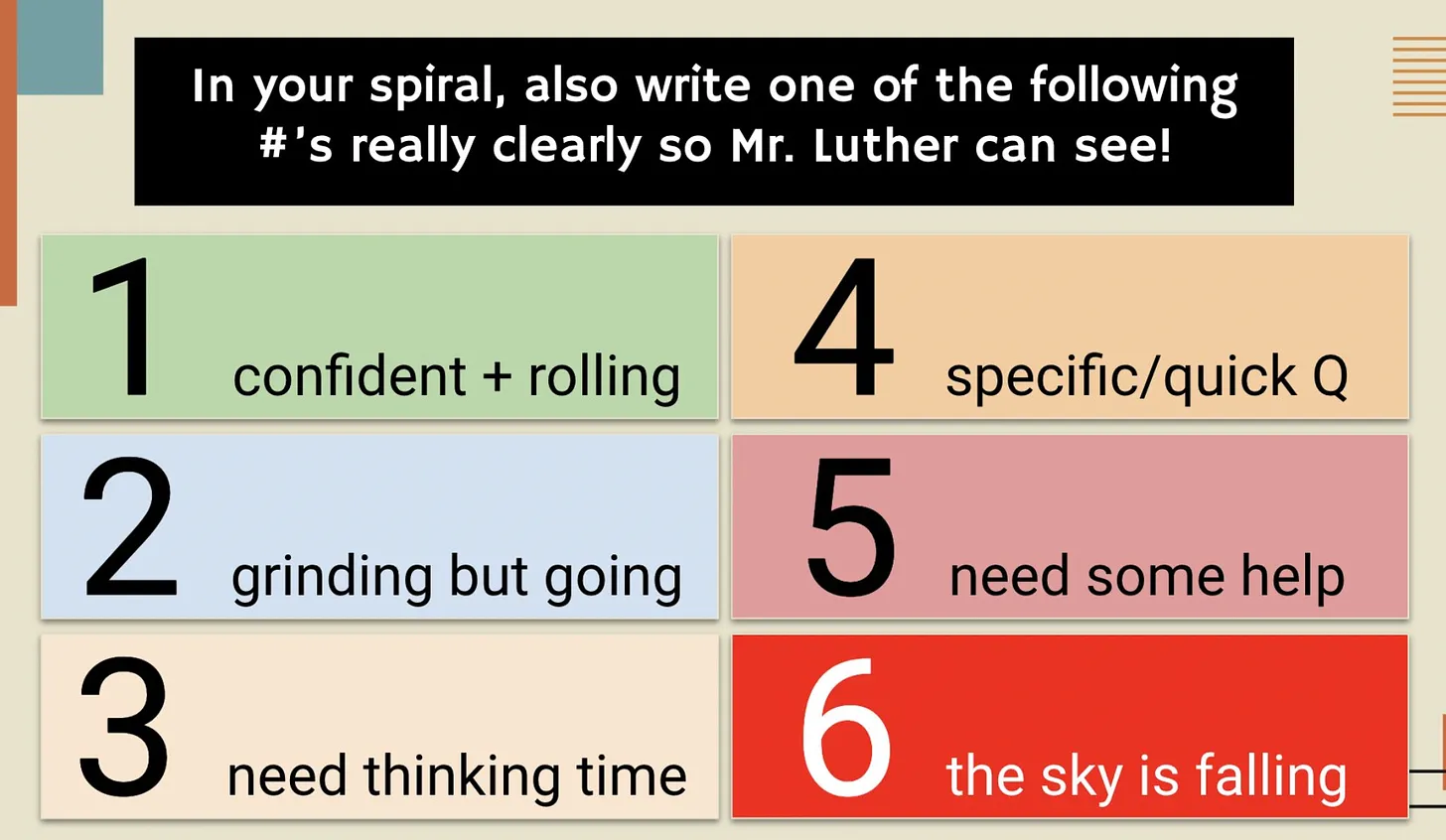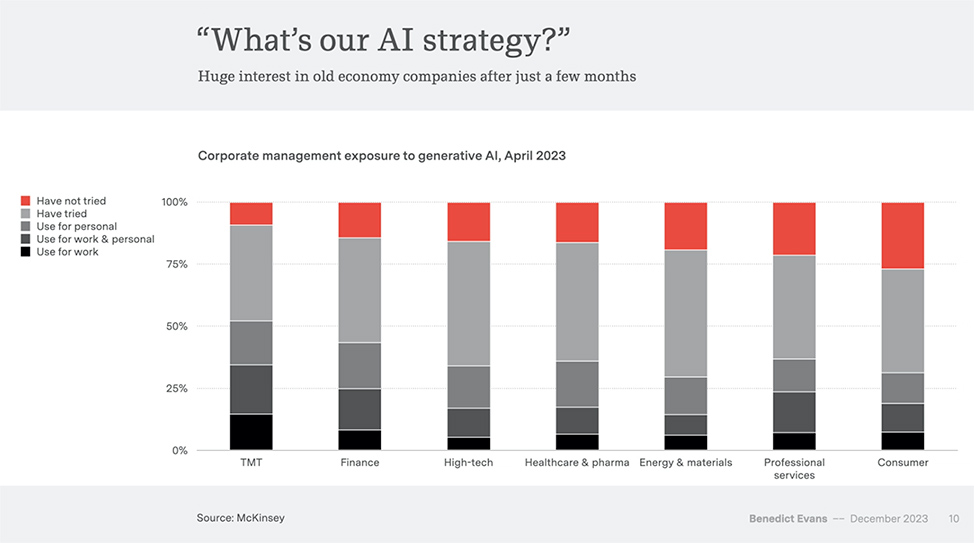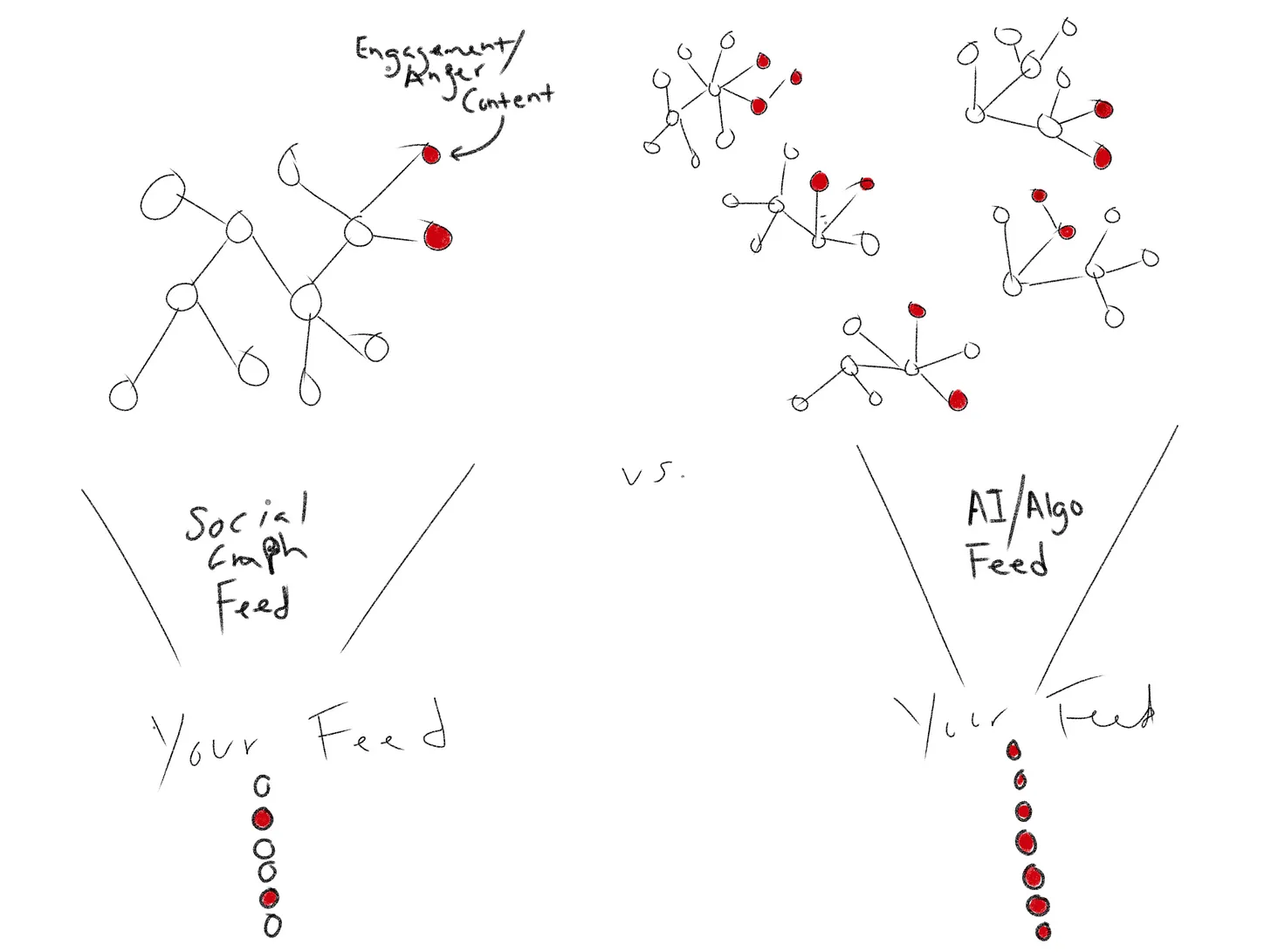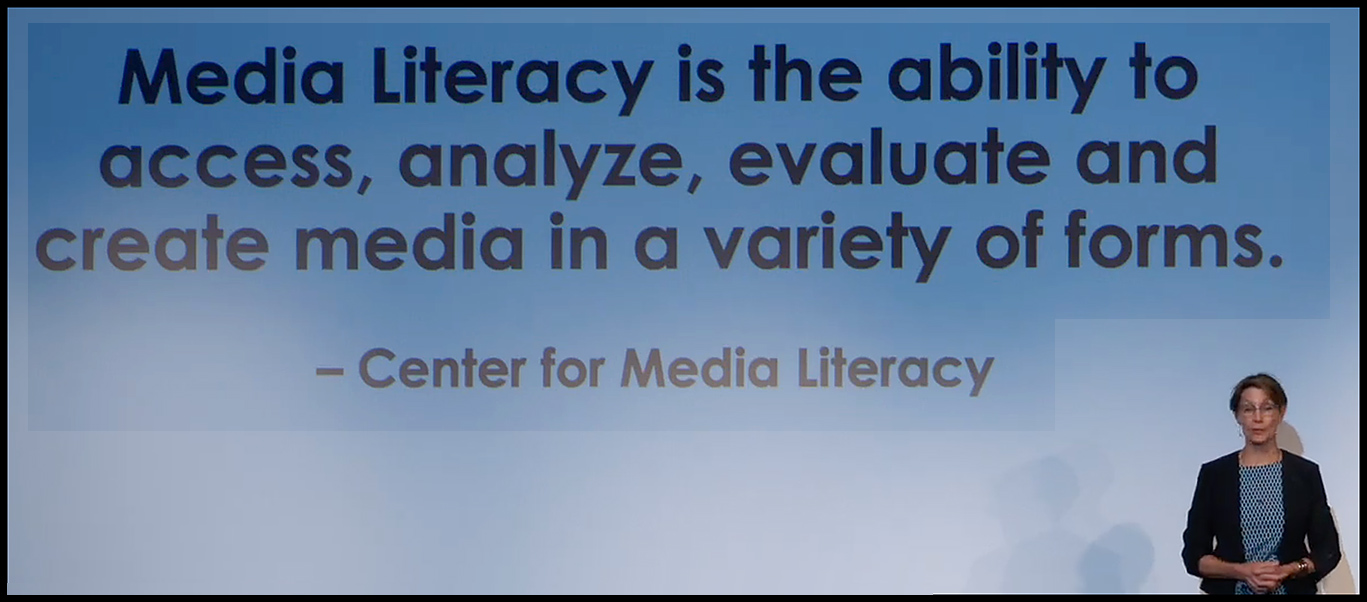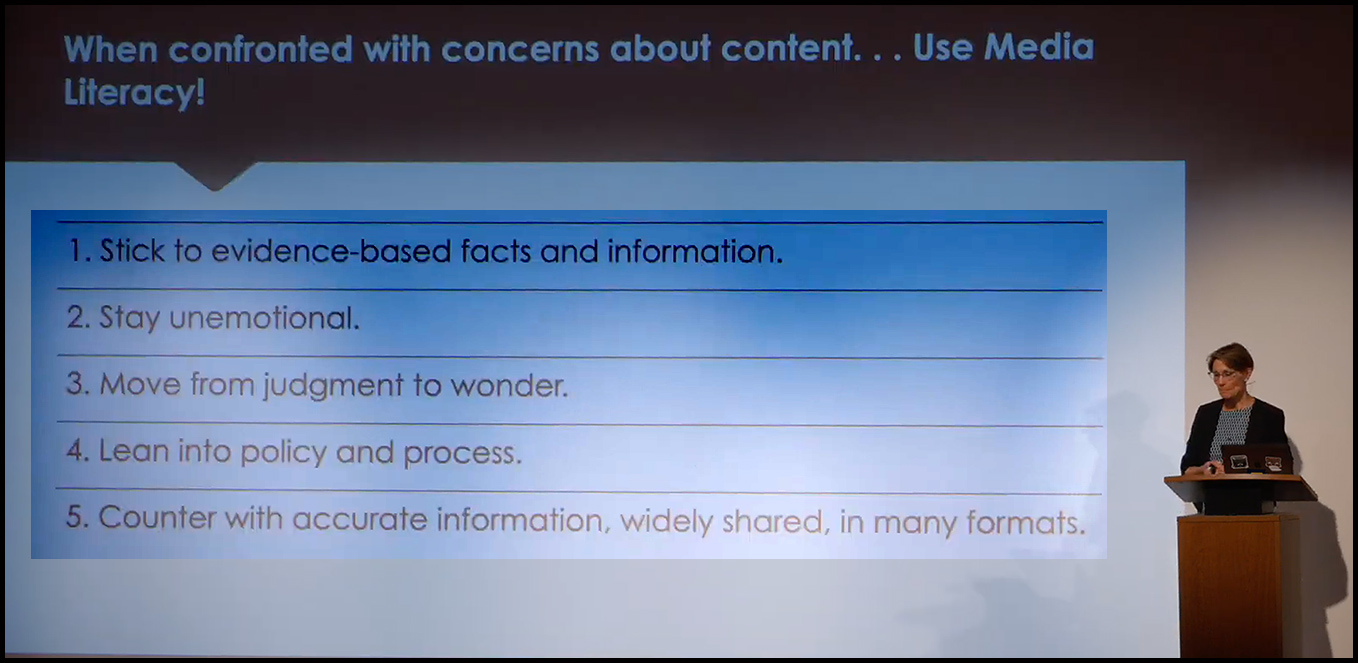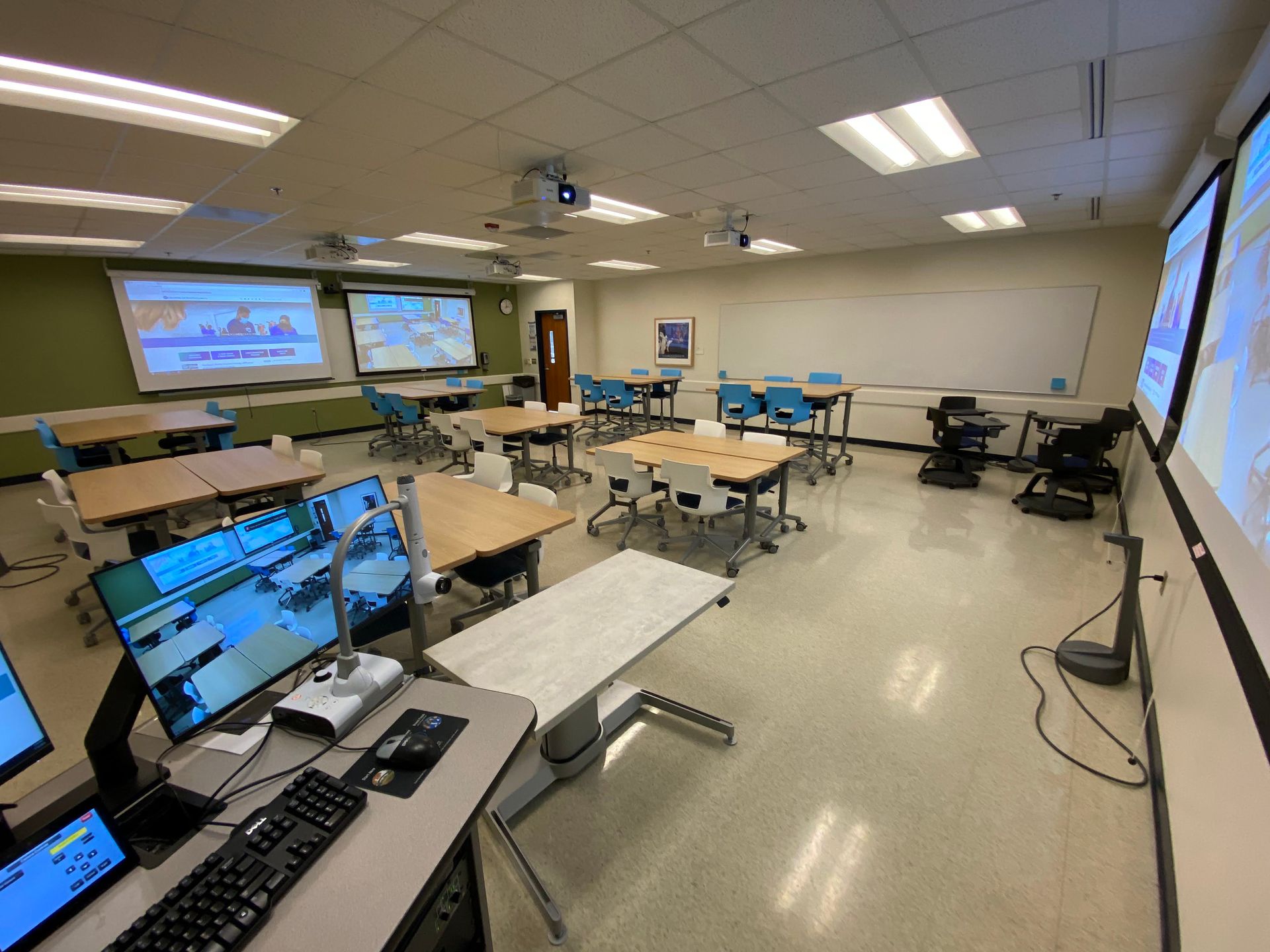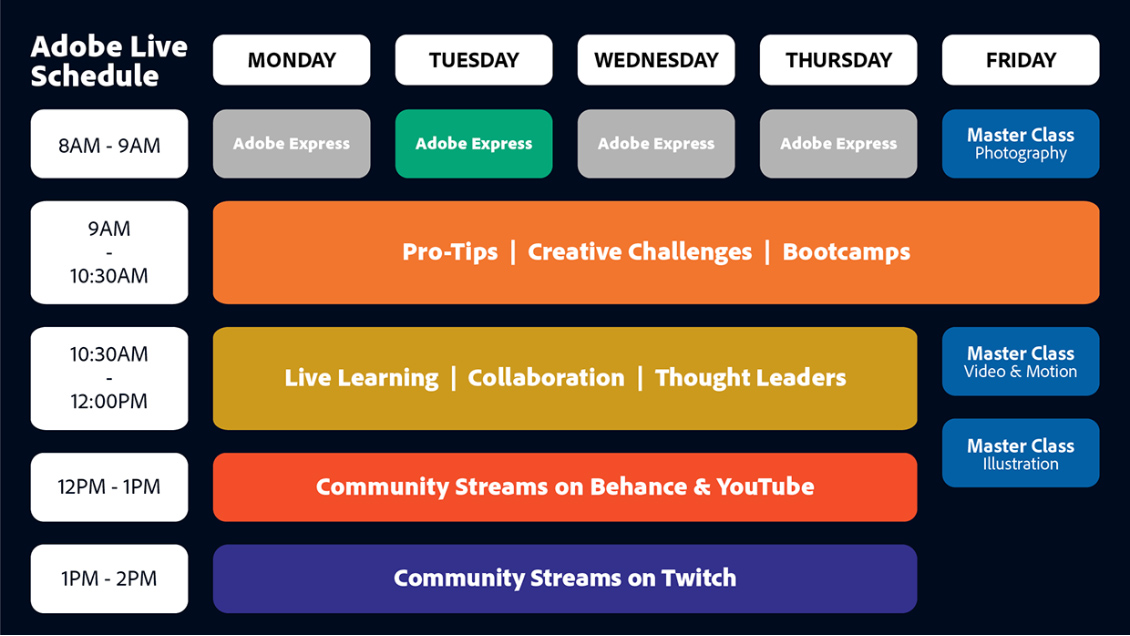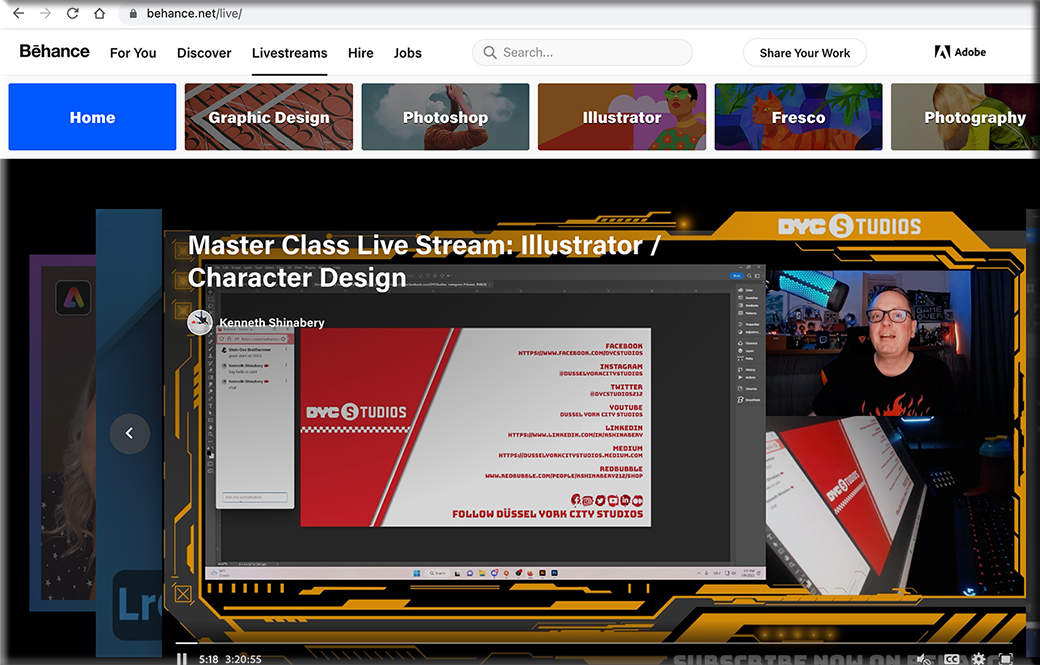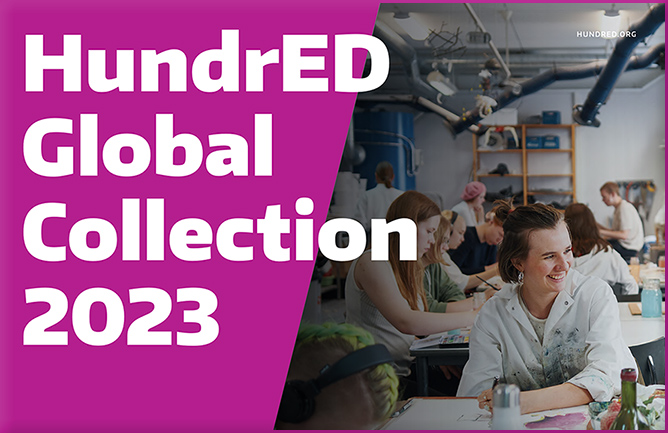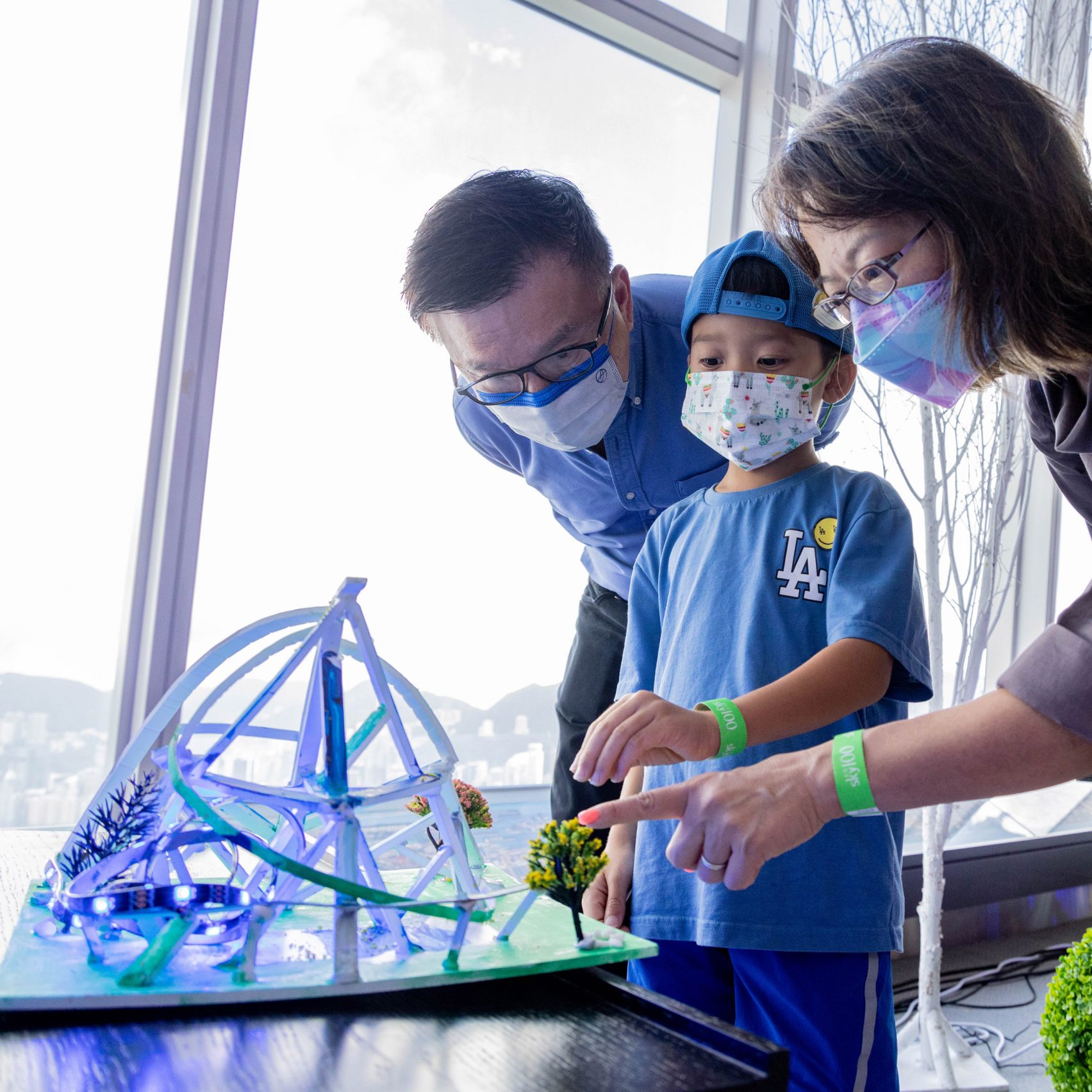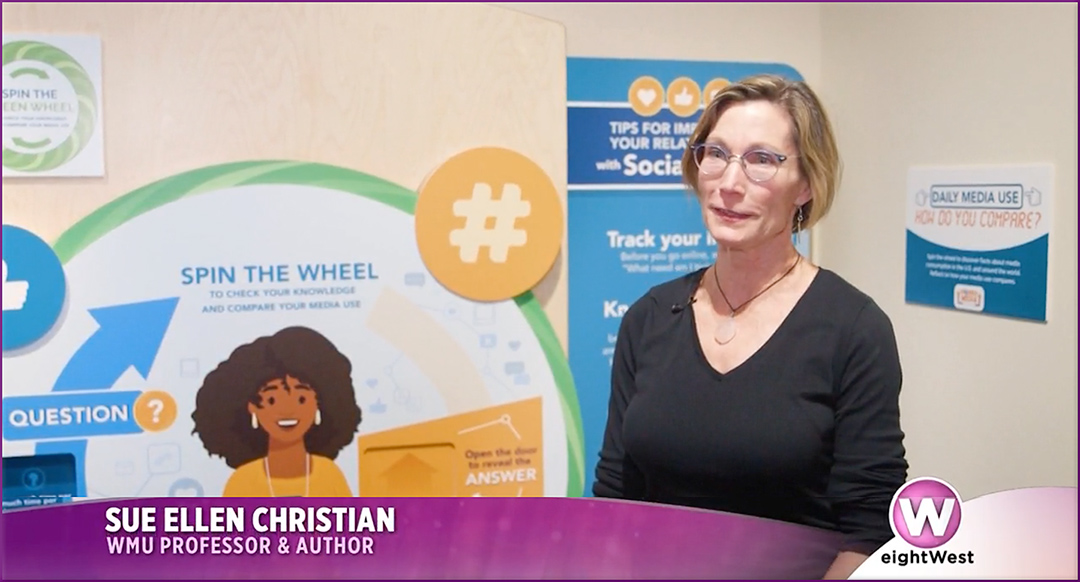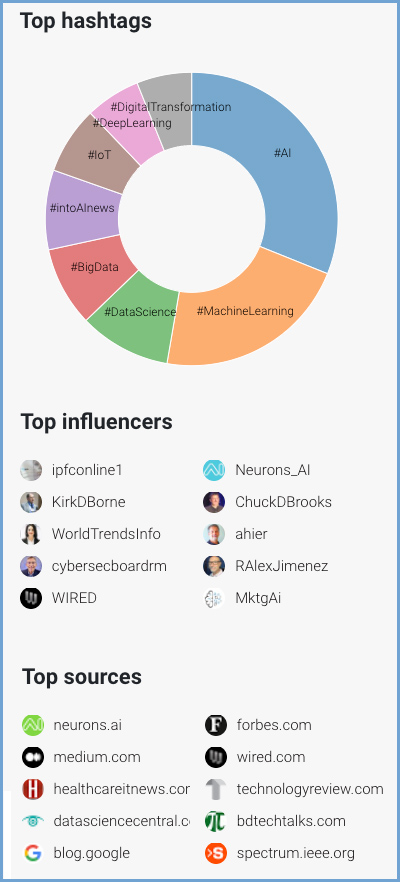3 Steps for Creating Video Projects With Elementary Students — from edutopia.org by Bill Manchester
A straightforward plan for facilitating multimedia projects helps ensure collaborative learning and a fun classroom experience.
Having elementary students make their own videos instead of consuming content made by someone else sounds like a highly engaging educational experience. But if you’ve ever tried to get 25 third graders to use a video editing software platform that they’ve never seen before, it can get really frustrating really fast. It’s easy for the lesson to become entirely centered around how to use the software without any subject-area content learning.
Through years of trial and error with K–6 students, I’ve developed three guiding concepts for elementary video projects so that teachers and students have a good experience.
Supporting Students As They Work Independently — from by Marcus Luther and The Broken Copier
4 tools that have helped me improve “independent work time”
Movement-Based Games That Help Students With Spelling — from edutopia.org by Jocelyn Greene
Games that combine spelling with physical activity can make it easier for young students to learn new words.
Like actors, students are often tasked with memorization. Although education has evolved to incorporate project-based learning and guided play, there’s no getting around the necessity of knowing the multiplication tables, capital cities, and correct spelling.
The following are movement-based games that build students’ abilities to retain spelling words specifically. Ideally, these exercises support them academically as well as socially. Research shows that learning through play promotes listening, focus, empathy, and self-awareness—benefits that build students’ social and emotional learning skills.
Quizlet Survey Reveals Students Crave Life Skills Education — from prnewswire.com by Quizlet; via GSV
The survey’s key findings included:
- Financial and life skills uncertainty: One-third of recent graduates don’t believe they have or are unsure they have the financial and core life skills needed to succeed in the world.
- Appetite for non-academic courses: 68% of recent graduates think non-academically focused courses in formal education settings would better prepare students for the real world. This belief is especially strong among respondents that attended public schools and colleges (71%).
- Automotive maintenance skills are stalled: More than any other skill, nearly one in five recent graduates say they are the least confident in handling automotive maintenance, such as changing a tire or their oil. This is followed by financial planning (17%), insurance (12%), minor home repairs (11%), cooking (11%), cleaning (8%) and organizing (8%).
- Financial planning woes: A majority (79%) of recent graduates said financial planning overwhelms them the most – and of all the life skills highlighted in the survey, 29% of respondents said it negatively impacts their mental health.
- Social media as a learning tool: Social media is helping fill the skills gap, with 33% of recent graduates turning to it for life skills knowledge.
From DSC:
Our son would agree with many of these findings. He would like to have learned things like how to do/file his taxes, learn more about healthcare insurance, and similar real-world/highly-applicable types of knowledge. Those involved with K12 curriculum decisions, please take a serious look at this feedback and make the necessary changes/additions.
How Can Educators Build Support Systems for Students Eyeing Technician Jobs? — from gettingsmart.com by Dr. Parminder Jassal
Key Points
-
Integrating technical skills into the high school curriculum can inspire and prepare students for diverse roles. This approach is key to fostering equity and inclusivity in the job market.
-
By forging partnerships with community colleges and technical schools, high schools can democratize access to education and ensure students from all backgrounds have equal opportunities for success in technical fields.
-
High schools can expand career possibilities by providing apprenticeships as viable and lucrative alternatives to traditional four-year degrees.









